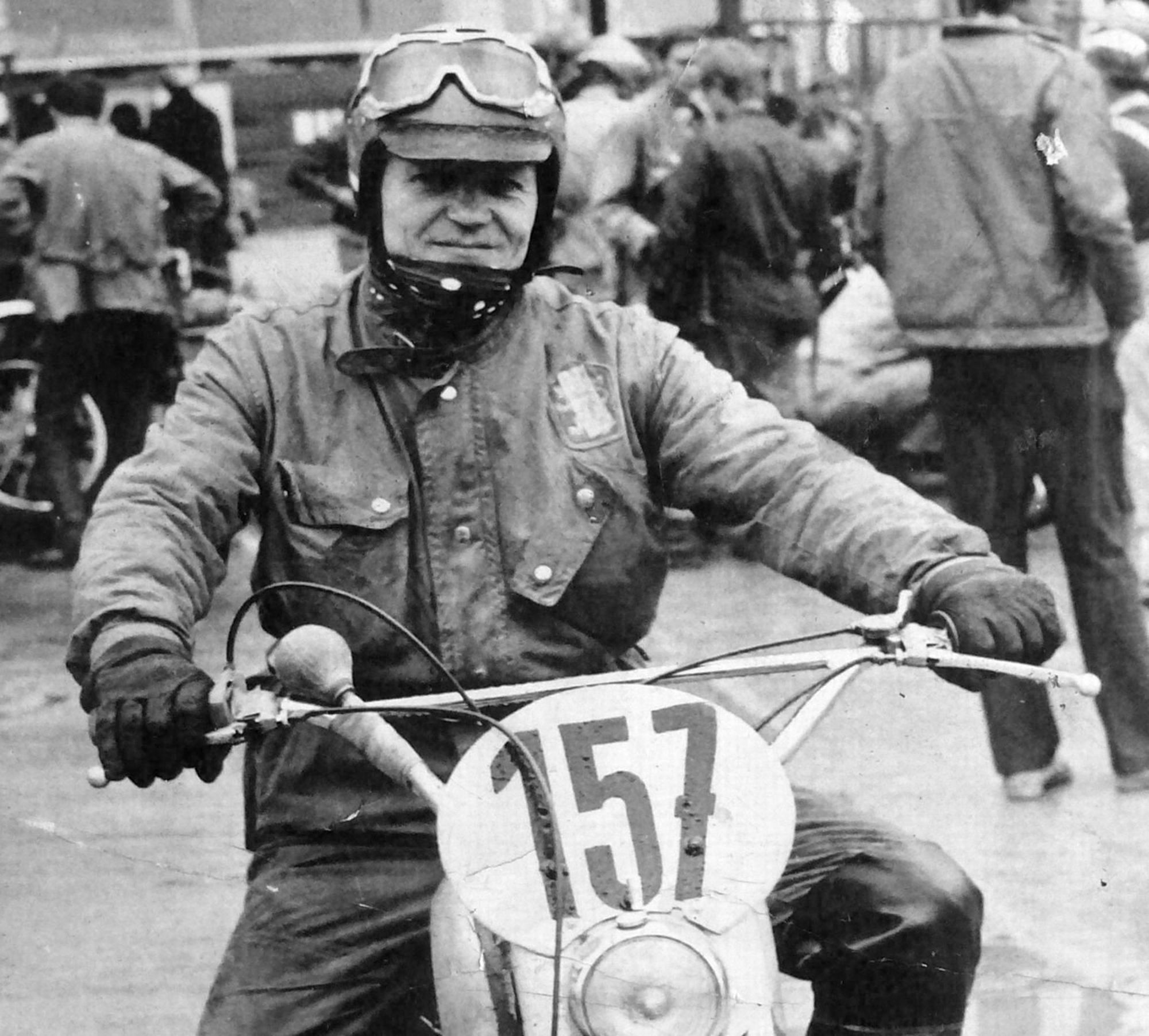„I wish that people were nicer to each other, that they could come to agreement more.“

Stáhnout obrázek
Jiří Matulák was born on the 21st of August in Terezín. His father, Jan Matulák, was a transporter. The family had to leave Terezín in 1942, as the Germans turned the town into a Jewish ghetto. They moved to Dolany near Libčice. In May 1945, Matulák‘s father was shot while chasing an informer in Kralupy-upon-Vltava. The wound made it impossible for him to drive a car. Jiří then had to take over financial responsibility for the family. At the end of the war, during the Prague Uprising in May 1945, Matulák, accompanied by his friends Karel Pšanský and Jan Rohan, went by foot from Dolany to Prague. They armed themselves with rifles from a munition train in Bubeneč and joined the fighting on the Barricade Bridge, defending the barricades there for several days. In the days following the war he helped with the transportation of doctors, nurses and medicaments to Terezín. After the war the whole family moved to Pohořany and Jiří Matulák made a living as a private transporter right up until 1958. In the years 1945-48 in Kralupy-over-Vltava he received tuition as a car mechanic. In 1948 he was drafted into compulsory military service. In the years 1958-59 he was imprisoned for 11 months (formerly it was for 18 months), because he did not inform against his brother Pavel, who was preparing to escape over the borders. Starting in the Sixties he led a long and successful motorcycling career. He married for the second time in 1979 with Libuše Bryndová. They live together to this day, in Lovosice.






